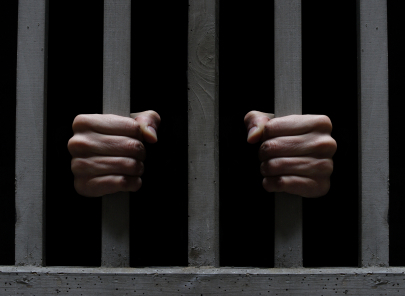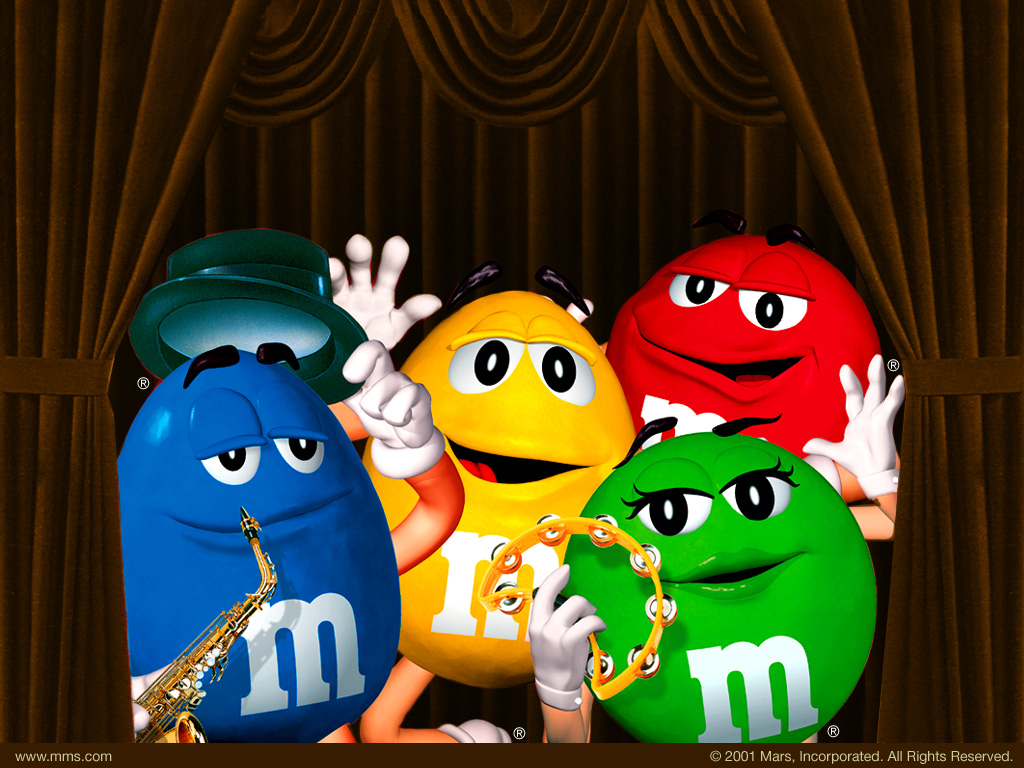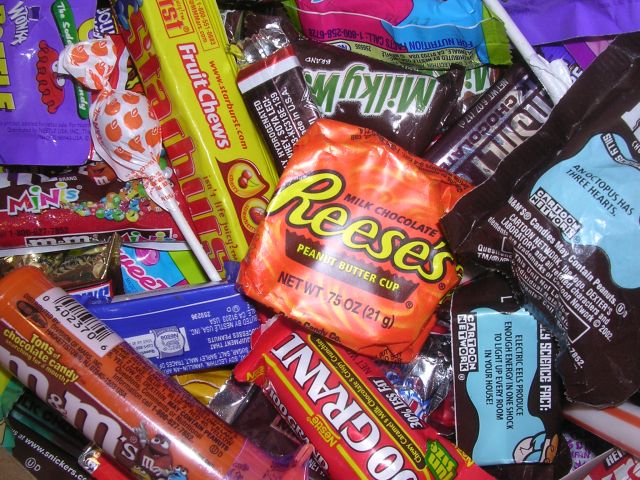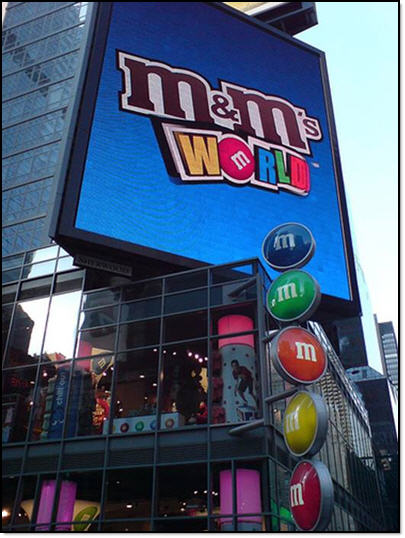
There is no debate on child slavery. Whether or not it is morally, emotionally and ethically correct is not a question. Obviously, child slavery is wrong and no one would argue against attempts to abolish it. The fact of the matter is, though, that no matter how tasty the product is, we still feel guilty knowing we’ve purchased and consumed chocolate produced by little kids who are forced to work on cocoa bean plantations in the heart of West Africa.
So why do people promote child slavery by buying chocolate? Surprisingly, very little people know the true source of one of the world’s favorite treats. It turns out that most chocolate is produced by slaves, but not just any slaves; child slaves. Children who are taken from their homes or even sold from their parents are lead population responsible for the tasty candy we all know and love as chocolate. While one would guess that something as horrible as child slavery would be known to everyone, the reality is that it goes unnoticed. Under the radar. Overlooked. No one knows the truth about where the delicious, magical, heart-healing treat actually comes from. The truth is that seventy-five percent of the world's cocoa comes from Africa mainly on the western region of the Ivory Coast and Ghana. While working on cocoa bean plantation serves as a job for working citizens of the African community, it is also an area in which slave traffickers force and trick children and their parents into the industry. In most cases, children are unsuccessful in being freed from captivity; girls are often sold into prostitution while boys continue to continue labor work on other plantations. So how does it feel eating chocolate now knowing it comes from oppressed little kids in Africa?
So why don’t people know about cocoa production? The truth is that major chocolate companies try to hide it. Because shelve space for candy is so scarce in stores, competing chocolate companies do not want to recognize nor advertise the fact that their chocolate’s source comes from forced labor in Africa in fear of losing faithful customers and the revenue that comes with it. Although some things have been done to lessen slave trafficking in Africa, much still needs to be done to stop it permenantly. Laws, such as the Fair Trade regulation, need to be implemented so that all workers are treated and paid fairly. While there has been success in implementing such laws, enough hasn’t been done to help very many people who are trapped within the cocoa bean prison. Fair Trade is a regulation that certifies that all labor workers get paid a fair amount of money based on the time they've worked and/or the amount of goods they've produced.
Hershey’s, for example, is one of the largest chocolate organizations in the world but is doing a very poor job at implementing Fair Trade into their system. Apparently, they refuse to reveal who produces their cocoa. Though people know that their cocoa comes from Africa by the use of child slaves, they do not know their direct supplier. Looking at online articles about Hershey's and Fair Trade, I found that there was much complaint saying that Hershey's NEEDS to do something about who produces their cocoa. Article after article argued that Hershey's needs to change. Clearly, the issue wouldn't be such a hot topic had Hershey's not been one of the leading chocolate producers in the United States.
Then there is Nestle who, just like Hershey’s, is one of the largest chocolate organizations in the world. Like Hershey's, their chocolate supply comes from West Africa by child slaves who, as they are well aware of, are starved, unpaid, and abused under the rule of slave traffickers. Different from Hershey's, though, Nestle implemented Fair Trade into their line of coffee in England in 2005. Since then, however, not much process has been made. Nestle gains $65 billion every year; it's not like they can't afford to carry out Fair Trade.
And now M&M Mars. As the largest chocolate and candy company in the world, M&M Mars has also failed to implement Fair Trade, just like Hershey's and Nestle. An article I read stated that the company was bombarded with thousands of letters and emails from children and adults and even confronted by several organizations purposing that they use Fair Trade. They refused. Not a single one of their products have Fair Trade labels on them; M&M Mars simply shuns the idea of Fair Trade.
In terms of the chocolate industry, this regulation seems like the most sensible. Since ridding something like slavery takes such a long time, it is important that people take the correct steps along the way to eventually get rid of child slavery altogether.
While most chocolate companies have not taken Fair Trade into account of their sales, there are some that have. Art Bars, Nirvana Chocolates, Malagasy, El Rey, and many more are only a few companies who have gone through the process of making sure their chocolate comes from producers who are under the Fair Trade regulation. To show consumers they do not buy their products from cocoa produced by slaves, companies put stamps on the wrappers of chocolate bars that say "Fair Trade."
So why not larger, well-known chocolate companies like Hershey's, M&M Mars and Nestle? The truth is that implementing Fair Trade would affect their sales. It is the pure fact that chocolate produced by workers under the Fair Trade law is much more costly than having it produced by slaves. Under such high competition, it is difficult for billion dollar chocolate companies to take such a risk.
To examine the knowledge of those around me, I chose to conduct a survey as my original contribution, asking twenty students four questions to measure their awareness on the issue of slave trafficking in the chocolate industry. The questions I asked were, “Where do you think the majority of cocoa is produced?,” “Who do you think produces it?,” “Do you think major chocolate companies know where the cocoa comes from?,” and “How much effort do you think they put in to stopping child slavery?” Let me just say that the answers I found were astonishing. Ninteen out of twenty people answered the first question wrong, eighteen for the second question, fifteen for the third, and eight for the fourth. It is evident that enough people do not know a thing about where the root of one of the world’s largest industries comes from. These questions are very basic and can easily be answered even if the person taking them has heard no more than a sentence about the truth of the chocolate industry. In my research hyptertext, my aim is to raise peoples’ awareness so that they can take action to help stop the awful reality that is the source to the world famous chocolate industry.
Child slaves aren't the only ones in the cooca bean industry that get treated unfairly. Those working for money on cocoa bean plantations do not recieve a fair amount of money to hold sustainable lives. It is because of these two factors that the U.S. government--along with several other groups nation-wide--is trying to implement regulations to make sure workers are being treated and paid fairly. Laws such as the Fair Trade regulation is one rule that many leaders have agreed to using. It certifies that all labor workers get paid a fair amount of money based on the time they've worked or how much they've produced. Like the minimum wage regulation in America, the Fair Trade law ensures the fairness of paid workers.
Clearly, child slavery is a huge problem in the chocolate industry: they are unpaid, uneducated, stolen from their homes, used by their families, beaten, abused, starved...the list goes on. But what about those that depend on working on cocoa plantations for a living? Many who work on the cocoa bean plantations make much less money than they deserve. Because the Fair Trade regulation is not implemented in the majority of plantations in Africa, most laborers do not earn a sufficient amount of money to make a living and support a family. In the United States, the minimum wage law is set in place to ensure that all working citizens are paid a fair and decent amount of money by the hour. Not having a system like the minimum wage law and Fair Trade regulation allows employers and officials in charge of the cocoa plantations to exploit their employees and treat them unfairly. Without a government law set in place forcing people to treat their workers a certain way, it is highly unlikely that officials/employers do the ethical thing by doing what's right even if there isn't someone on the side telling them to.
It is because of this reason that most families end up taking their children out of school to help work on the cocoa plantations, depriving their kids of education. At its worst, parents end up selling their children to slave traffickers for $50-$100 because they cannot support themselves, let alone an entire family.
Although there hasn't been significant improvement to the issue of cocoa-producing child slaves in Africa, there are still things being done to help the cause. The United States government, for example, pledged $17 million to help the cause earlier this year in September while The Labor Department pledged $10 million toward building new schools in Africa to make living conditions on families easier. Their hope for building new schools is that families won't have to pay as much for school which would increase the amount of money in their pockets, making the familial need for putting their children into slavery unnecessary.
There are also websites online where chocolate lovers can purchase chocolate. Interestingly enough, there is an individual tab along the left-hand side of the page that says, "Fair Trade Chocolate." Clearly, people are doing more and more to promote Fair Trade and demote the use of cocoa beans produced by child slaves.
It seems as though the need to stop child slavery in the chocolate industry is very important, seeing it is one of the largest industries in the world. The fact that so many people are oblivious to chocolate coming from such an awful source is shocking.While major chocolate companies are aware of the monstrousity of their cocoa bean source, it appears as though they will continue to buy their cocoa from slave traffickers as long as it stays unknown. I believe that if more people knew about child slavery in the chocolate industry, chocolate sales would go down which would force companies such as Hershey’s, Nestle, and M&M Mars to abide to laws like Fair Trade. Until then, nothing will change.










